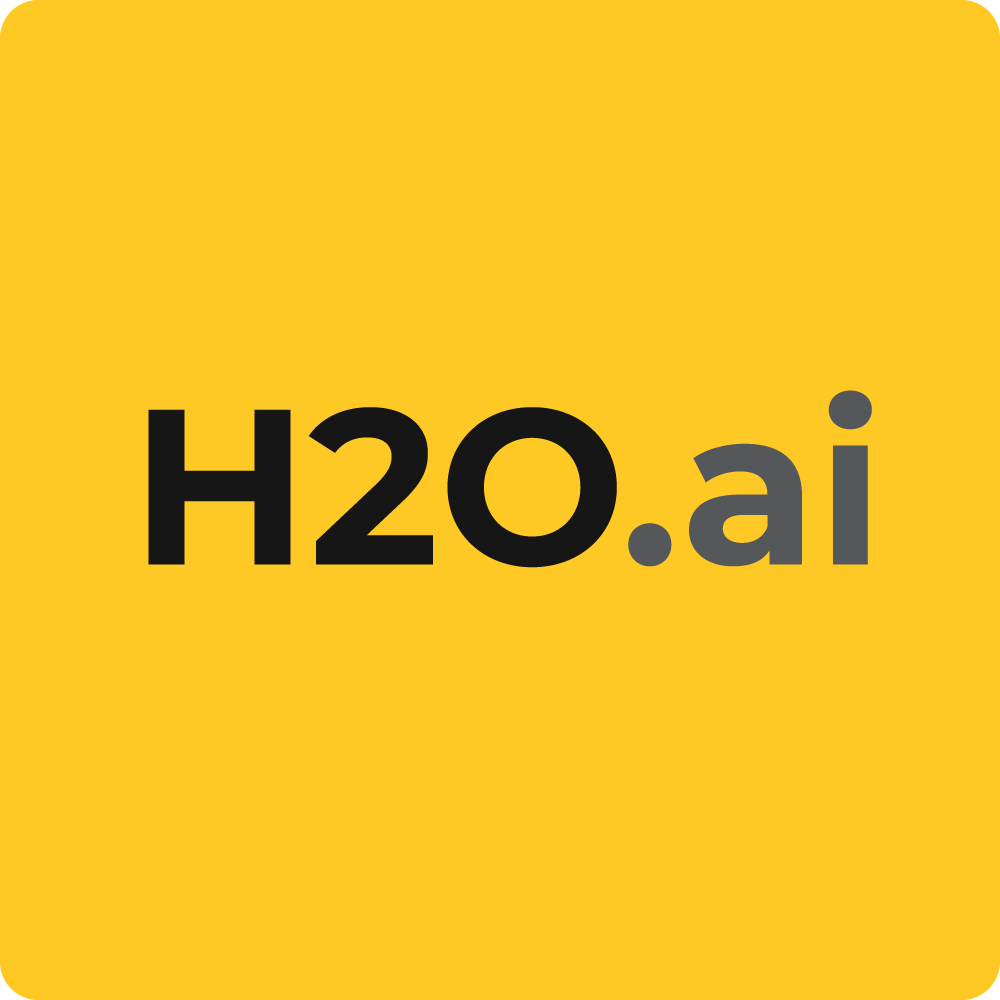-
Platform
Generative AI
-
H2O Eval Studio
Assess the performance, reliability, safety, and effectiveness of RAG and LLM-based applications.
- GenAI App Store
-
h2oGPT and H2O LLM
Create private, offline chatbot applications with open source H2O LLM Studio
- Platform
Predictive AI
-
H2O Eval Studio
- Solutions
-
Customers
- Partners
-
Resources
- Events
-
Company
BLOG
What if the S language had been copyrighted?

By H2O.ai Team | minute read | December 01, 2014

At H2O World 2014, we were fortunate to have Josh Bloch give a reprise of his A Brief, Opinionated History of the API talk that he first delivered at SPLASH 2014 . (For those with the time, you can watch a 47 minute 21 second recording of this talk on the H2O.ai YouTube channel.)
This is one of those subjects that I wish I could say more about, but because this writing is being circulated through the internet where nothing ever ages, I will limit myself to a high-level summary in hopes that it will motivate the reader to learn more about this subject.
The purpose of Josh’s talk was two-fold. The first objective was to educate the audience on what an Application Programming Interface (API ) is, when the first known recording of an API was, what are common examples of APIs, and what are the elements of a successful API.
While this history lesson and technical discussion was very engaging, it was the second portion of the talk where Josh talked about the legal regulations surrounding the ownership of APIs where the subject matter became highly relevant both to those that live in the digital world and those that casually visit it alike.
While each community could find ways of relating to this API discussion, I wanted to address R users in particular as they may not have thought through this issue before. To that end I will conclude this post with a question and let the reader decide their best course of action: What if the book The New S Language by Becker, Chambers, and Wilks was accompanied by a copyright on the S language back in 1988?
Related Blogs
R-bloggers
Explore similar content by topic

H2O.ai Team
At H2O.ai, democratizing AI isn’t just an idea. It’s a movement. And that means that it requires action. We started out as a group of like minded individuals in the open source community, collectively driven by the idea that there should be freedom around the creation and use of AI.
Today we have evolved into a global company built by people from a variety of different backgrounds and skill sets, all driven to be part of something greater than ourselves. Our partnerships now extend beyond the open-source community to include business customers, academia, and non-profit organizations.
Ready to see the H2O.ai platform in action?
Make data and AI deliver meaningful and significant value to your organization with our platform.









